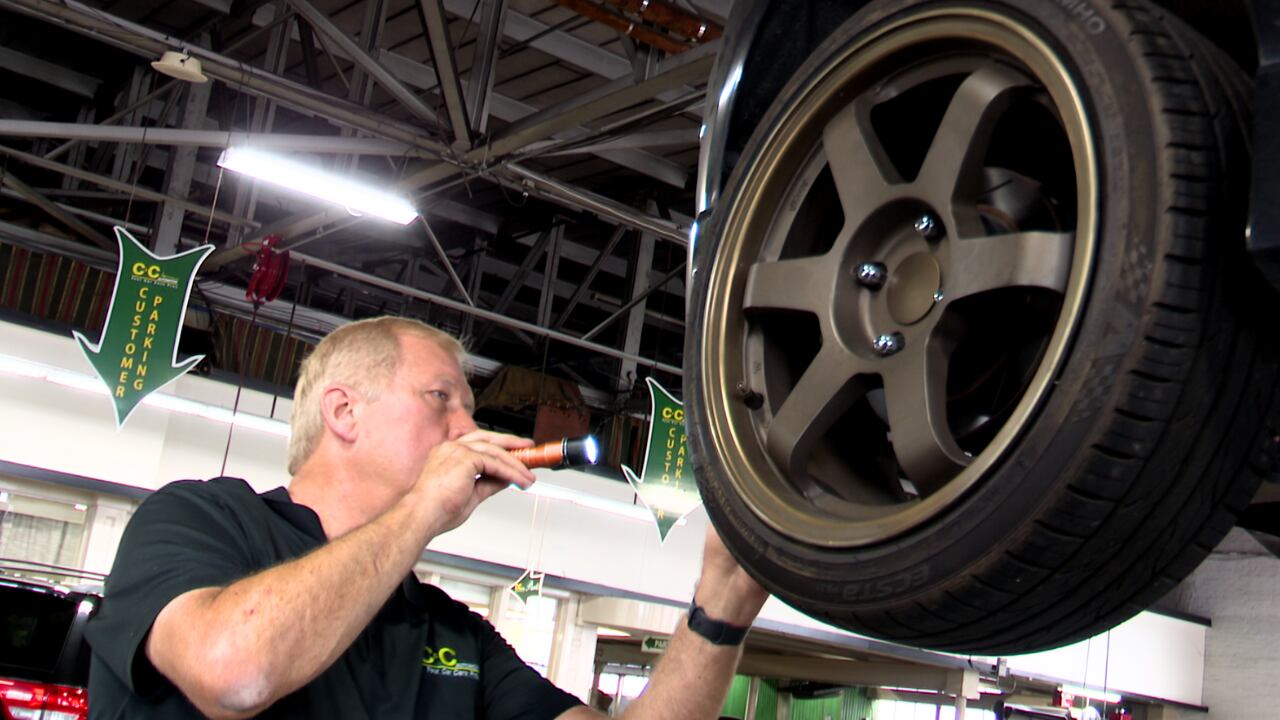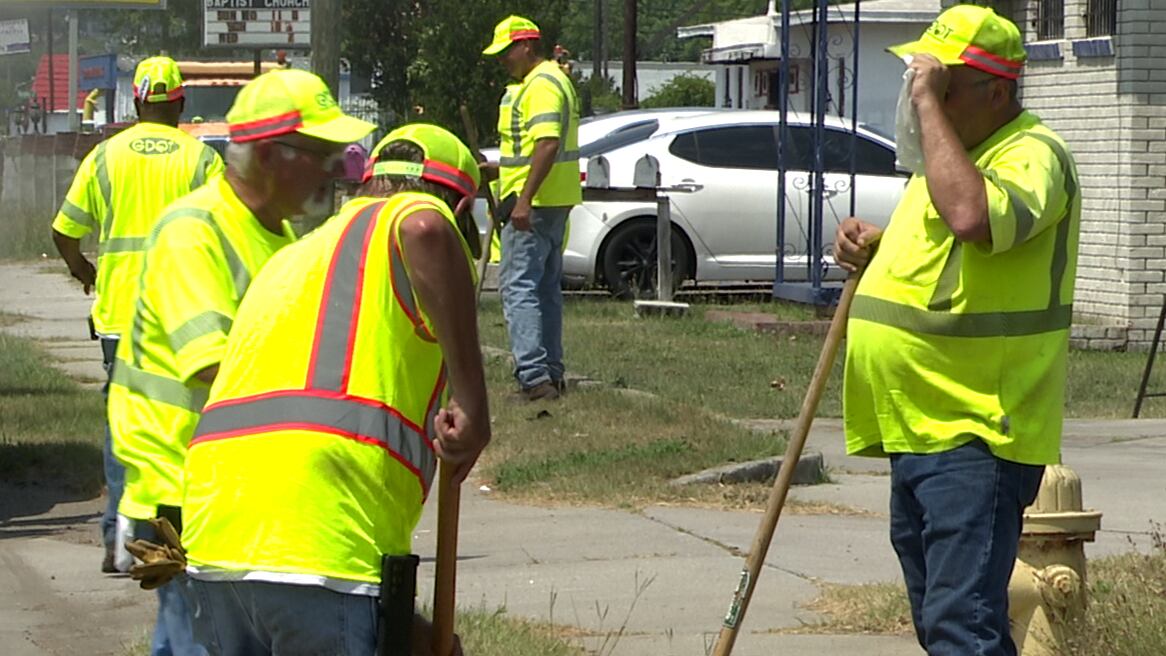Here’s how engineers are rating infrastructure across Georgia
AUGUSTA, Ga. (WRDW/WAGT) - Georgia earned a C-plus rating for its overall infrastructure, according to the American Society of Civil Engineers.
The annual infrastructure report card is decided on by a committee of more than 50 civil engineers across the state.
Tips on how to protect your car from dangerous temperatures
Amid the dangerous heat, it’s important to look out for the health of your vehicles. We spoke with a local mechanic on what to watch out for.

Grades are given based on eight criteria, such as capacity, condition, funding, future need, operation, maintenance, public safety, resilience, and innovation.
Here is how the state of Georgia ranked:
- Aviation: C-plus
- Bridges: B
- Dams: D-plus
- Drinking water: C-plus
- Energy: B
- Ports: B-plus
- Public parks: C
- Rail: B
- Roads: C-plus
- Schools: B
- Solid waste: C-plus
- Stormwater: C-minus
- Transit: D
- Wastewater: C-minus
During a news conference held Monday, society volunteers said Georgia’s infrastructure is in better than average condition and is functioning well, but still requires attention.
“This report is a reflection on the systems we have in place and their current and expected ability to withstand external stressors such as increase in energy demand, population growth, increase in severe weather, and shifting traffic patterns which are factors we are seeing impact almost every state in the nation,” said ASCE Georgia President Anita Atkinson.
As CSRA’s temps soar, these hot-weather tips may save your life
According to the Centers for Disease Control and Prevention, on average, heat is the No.1 weather-related killer in the United States each year.

The group’s proposed solutions include:
- Deliver dedicated state transit funding.
- Set responsible, resilient utility rates and fees.
- Expand safety funding and oversight in dams and roads.
- Invest in new electricity generation and a resilient grid.
- Increase funding and coordination of intermodal freight.
Copyright 2024 WRDW/WAGT. All rights reserved.















